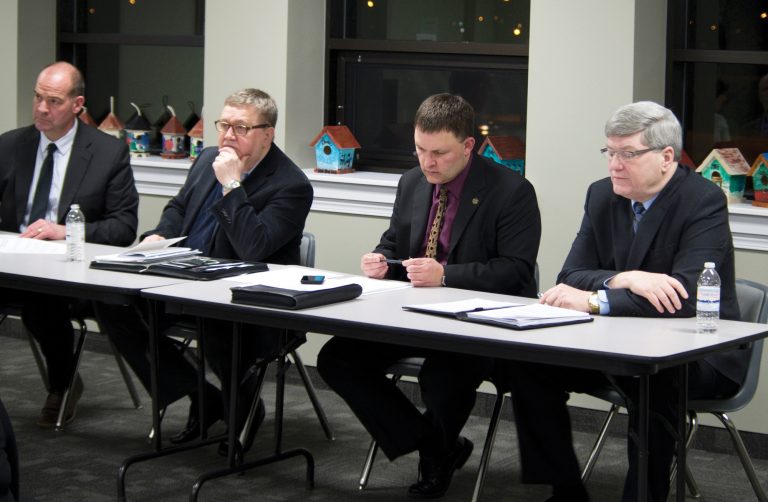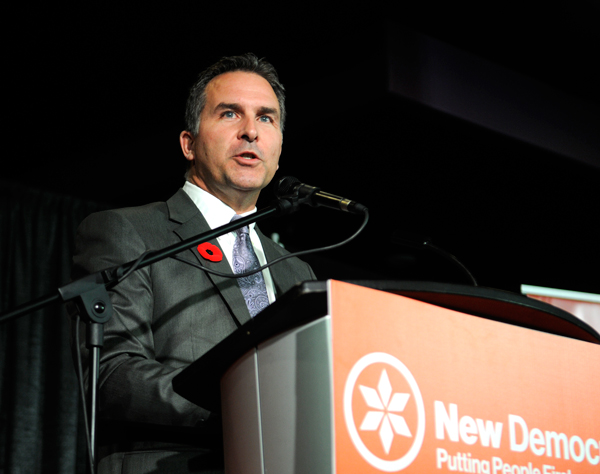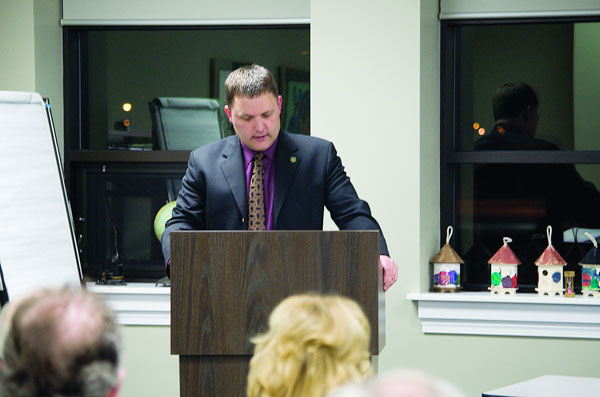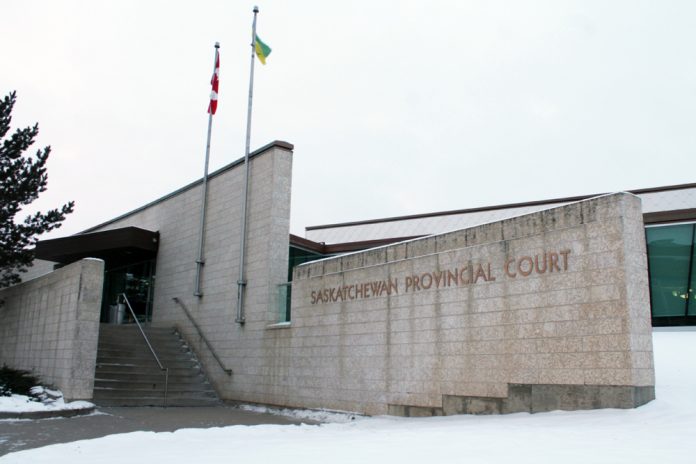The board of the Prince Albert Catholic School Division got some positive news during their regular meeting on Monday, March 3. The division’s pilot program for early learning will be expanding and enrolment remains steady in the division.
The ELIS or Early Learning intensive Support Pilot Program will be expanding from eight spaces to 12 spaces.
“What that means is we are supported for pre-Kindergarten children ages three and four who require intensive supports for their individualized need. So we are excited about that,” director of education Lorel Trumier said.
The pilot began in 2019 and in February, 2020 the division received notice of the expansion. The 2019-2020 expansion funding totals $50,000. The expansion allows for an additional Education Assistant as well as additional funds for additional supports.
“As we move through this, we are seeing some success and we are lucky that we have continued support. It is a bilateral agreement between federal and provincial dollars that support that kind of work,” she explained.
“It helps our children who require our support and allows us to have specialized support in place.”
The additional supports include occupational therapy and other intensive supports, Trumier said.
Another memo noted changes in requirements for learner drivers. Effective January, 2020 SGI changed the way novice drivers acquire learner’s licenses as soon as they enroll in a High School Driver Education Program.
“It means that students will not have to wait to start the process but obviously they will still have to take the course,” she said.
The division also provides enrollment updates the board on a monthly basis.
“We keep track of our student population and what is happening within it so we always present that to the board,” Trumier said.
The initial report after September 30 is the significant report as it is part of the formula on which funding is based.
“We always use those to make plans for the future and it informs the board of where things are heading. A large number of our students are in French Immersion and they sustain the French Immersion program so we are pleased about that,” she said.
Numbers remain consistent in the division. In February, 2020 there are 3,001 students enrolled across both English and French. In February, 2019 there were 2,971 students in the division.
The division also recently received notice that a new daycare will be opening in St. Catherine Catholic School by the end of March.
“That will be operational probably within the next month or month and a half. We are waiting for substantial approval of that so we are really excited about that occurring here in the next four to six weeks,” Trumier said.







